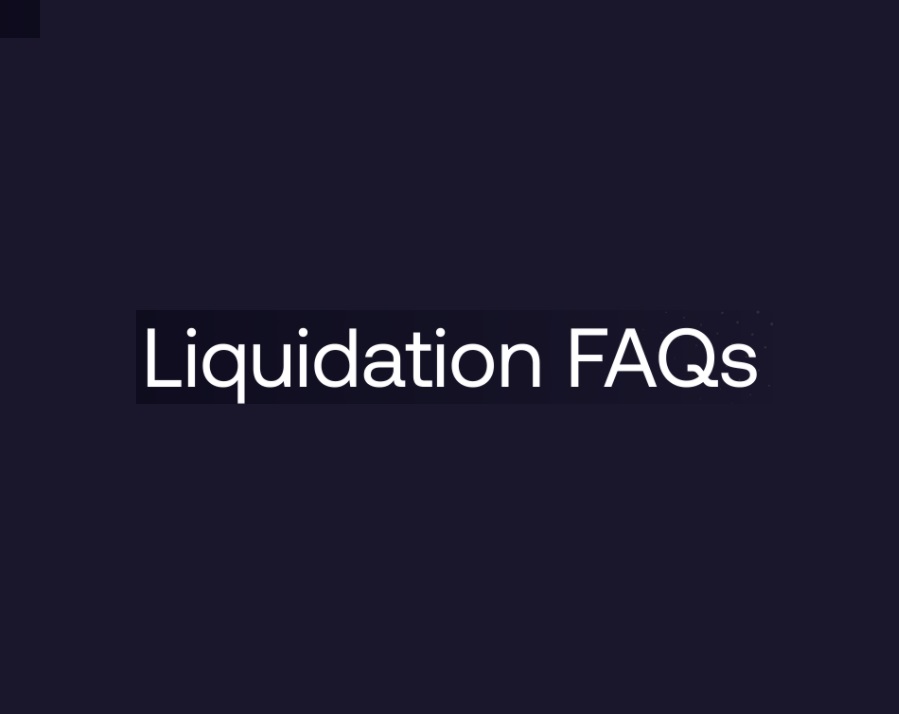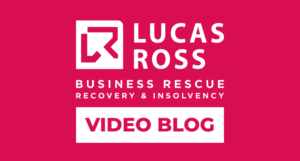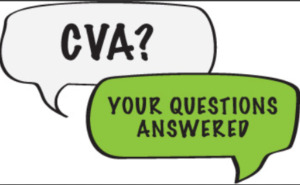Liquidating a limited company probably feels a little intimidating. Let’s face it you’ve worked hard to get your business up and running, and now you’re looking at closing it.
Before going much further, you will want to make sure that it’s the right choice for you.
For many businesses liquidation is the right solution for their situation.
I have listed some commonly asked questions with regards liquidation. Whatever the cause of your problems, liquidation is right if:
- Your business is long term insolvent.
- You have no realistic way to repay your creditors.
- You would like to start the company debt free as part of a recovery procedure.
- You’ve had enough.
The benefits of Liquidation can include:
- You can start again with a clean slate.
- It doesn’t mean that you have to give up in business, for many directors it can be the beginning of something new.
- You aren’t liable for the unsecured debt, even tax debts owed solely by the company dies with it.
- You are usually able to buy the assets of the company out of liquidation.
The liquidator is an authorised insolvency practitioner who runs the liquidation process. As soon as the liquidator is appointed, they’ll take control of the business. Amongst other areas, they will:
- settle any legal disputes or outstanding contracts
- sell off the company’s assets and use any money to pay creditors
- meet deadlines for paperwork and keep authorities informed
- pay liquidation costs and the final VAT bill
- bring together people owed money (creditors) and hold meetings where necessary
- decide which creditors should be paid first
- interview the directors and report on what went wrong in the business
- get the company removed from the companies register
In a creditors’ voluntary liquidation, the liquidator acts in the interest of the creditors not the directors.
What happens to directors when a liquidator is appointed, directors:
- no longer have control of the company or anything it owns
- can’t act for or on behalf of the company
If you’re a director you must:
- give the liquidator any information about the company they ask for
- hand over the company’s assets records and paperwork
- allow the liquidator to interview you, if they ask
If you would like further advice regarding company closures or would like to take advantage of a FREE consultation to discuss your business; call today to speak to one of our experienced advisors. We have assisted business owners with their closures and have a consistent record of success leaving many happy business owners to continue their lives in a more positive way. We are happy to discuss with you your options and if we can be of any assistance to you.





